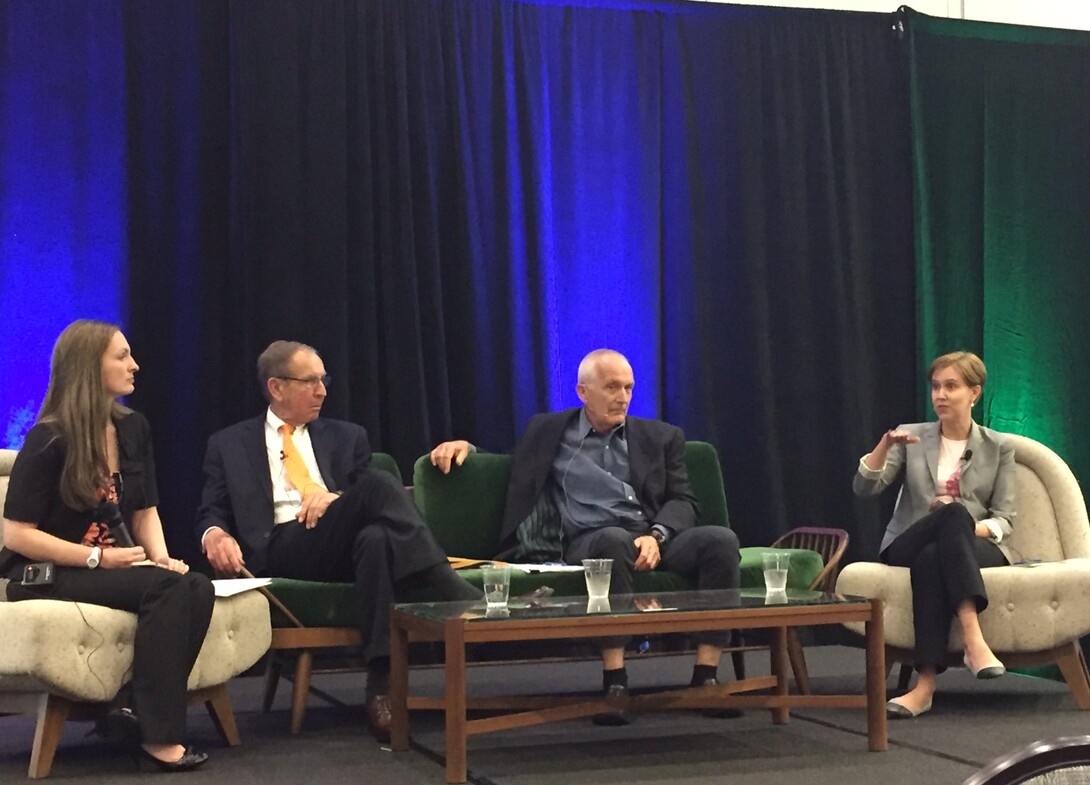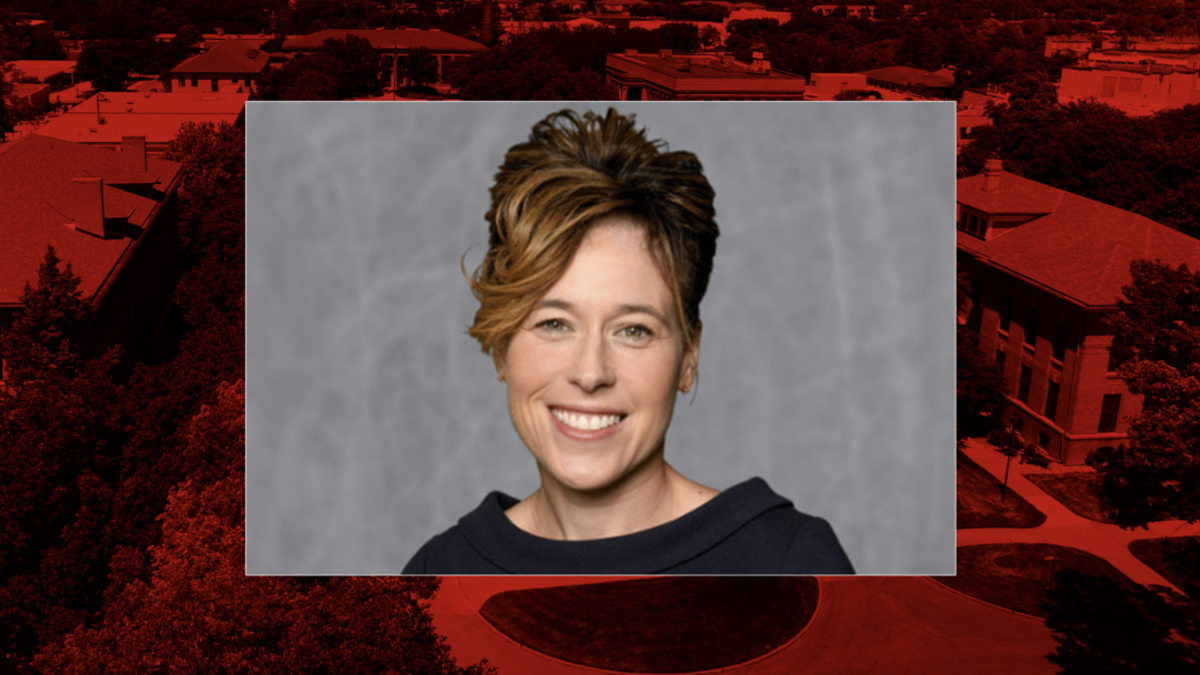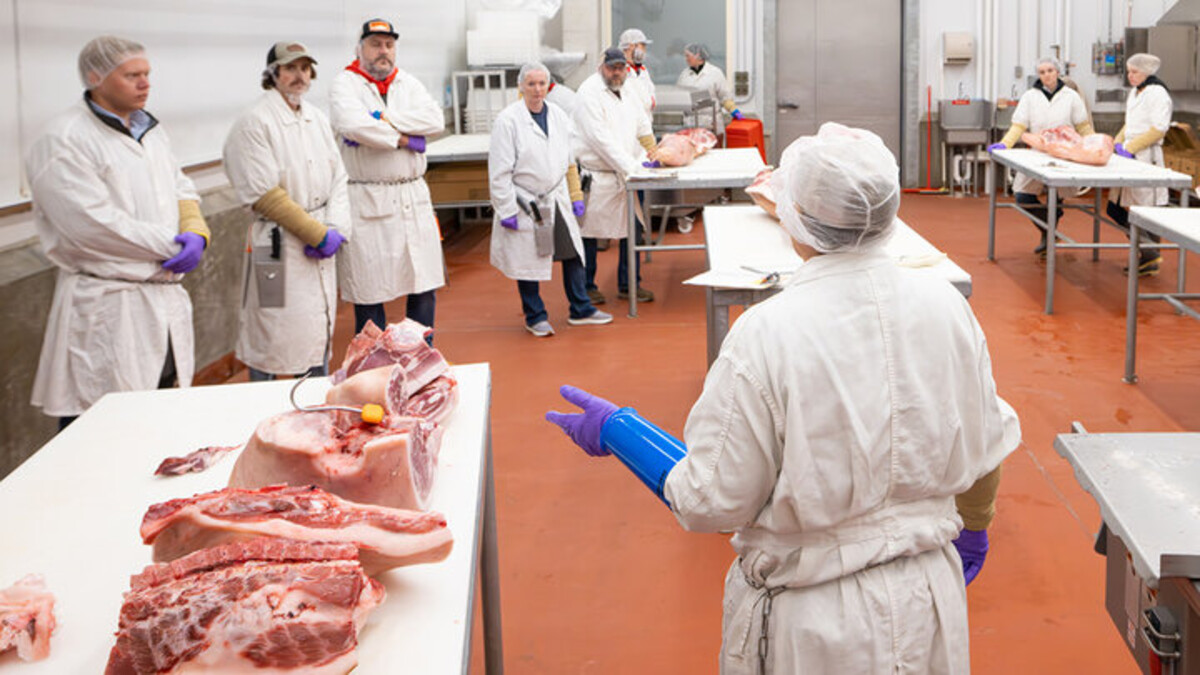
June 12, 2019
Lincoln, Neb. — Proposed tariffs, sanctions and other trade barriers are leading farmers and agribusinesses into a new era of unpredictability. This was the message a panel of trade experts delivered at a symposium June 4 in Lincoln. The event was jointly hosted by the Farm Foundation Food and Agricultural Trade Resource Center and the Clayton Yeutter Institute of International Trade and Finance at the University of Nebraska–Lincoln.
Luke Chandler, chief economist of Deere & Company, kicked off the symposium discussing emerging trends in global agriculture. Deere & Company is operating or trading in 130 countries and has over $37 billion in annual revenue with over 70,000 employees. In his role, Chandler analyzes global trends in economics, business conditions and governmental policies to help guide the company’s strategy.
Chandler described an increasingly competitive global environment for U.S. agriculture, driven in part by expanding agriculture production outside the United States. He emphasized the expansion of soybean production and infrastructure investment in Brazil, coupled with plateauing soybean import demand, particularly in China.
Chandler also discussed the Trans-Pacific Partnership (TPP), a trade deal initially involving 12 countries, including Japan—a top destination for U.S. agriculture exports. The U.S. withdrew from the agreement in 2017. The deal is now in effect in a revised form among several of the member countries, including Japan, New Zealand and Australia.
“At the moment, we have a situation where beef exports from countries like New Zealand and Australia have a significant tariff advantage into one of the world’s largest beef importers in Japan,” he said. “So getting a trade deal there where U.S. exporters have a level playing field is going to be important.”
Panelists John Beghin, Michael Yanney Chair of International Trade and Finance at the University of Nebraska–Lincoln, echoed Chandler’s sentiment.
“Getting out of the TPP was a missed opportunity for ag,” Beghin said. The potential impacts of the TPP withdrawal and other trade decisions are critical to the future success of the food and agriculture sectors, according to the panel.
Panelist Richard Crowder said the current focus on China as a priority in U.S. trade policy is important, but he believes not enough attention is paid to “non-tariff, non-China issues,” such as new free trade agreements and sanitary and phytosanitary agreements, which relate to food safety and animal and plant health regulations. Crowder is a former U.S. Chief Agricultural Negotiator and currently Professor and Thornhill Endowed Chair in Agricultural Trade at Virginia Tech University.
“The lack of new free trade agreements is a self-inflicted wound with long-term consequences,” he said, adding that it has been nearly seven years since a new U.S. free trade agreement has entered into force.
Panelist Darci Vetter said that a slowdown in U.S. pursuit of new free trade agreements is just one example of how the United States has pulled back from leading on global trade policy and setting new benchmarks when it comes to trade negotiations. Vetter, a former U.S. Chief Agricultural Negotiator, is currently Global Lead, Public Affairs, and Vice Chair for Agriculture and Food at Edelman. She referenced benchmarks concerning labor and environment standards, the number of products covered and the depth of cuts in trade barriers.
“If we don’t have an offensive agenda – if we do not view trade as a key part of both our economic and our political diplomacy with others, we’re failing to set those benchmarks,” Vetter said.
Trade tensions and reduced agricultural exports are having a ripple effect on the farm economy, on rural communities and on the U.S. economy as a whole. The panelists stressed that it’s critical for those within the food and agriculture sectors to understand the reasoning behind, meaning of and potential impacts of trade decisions.
“One of the reasons I feel the Yeutter Institute and the Farm Foundation Trade Resource Center are so important, is to help make very tangible what a trade agenda means for U.S. agriculture and rural communities,” Vetter said.
The vision of University of Nebraska–Lincoln alumnus and renowned trade expert Clayton Yeutter, the Yeutter Institute connects academic disciplines related to law, business and agriculture to prepare students for leadership roles in international trade and finance, support interdisciplinary research and increase public understanding of these issues.
“When it came to trade, no one brought more ideas, passion, energy or results to the table than Clayton,” Crowder said. “The discussions we’re having here today are yet another reflection of Clayton’s vision.”
To learn more about the Yeutter Institute or to watch a video of the symposium, visit https://yeutter-institute.unl.edu/.
Contact:Jill O'Donnell
Director
Clayton Yeutter Institute of International Trade and Finance
402-472-2119
jodonnell2@unl.edu







